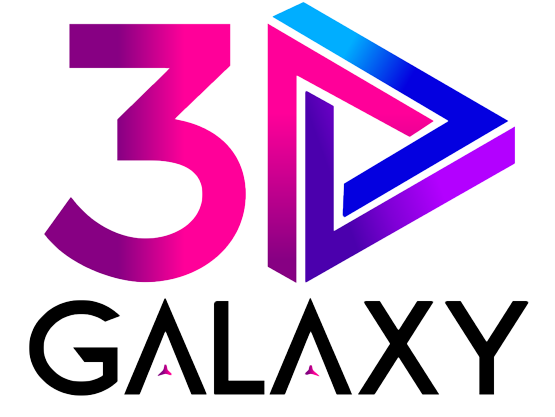Use of 3D Printing in Industries
Share
Introduction
3D printing, also known as additive manufacturing, is a process that creates three-dimensional objects by building up layers of material. With the advancements in technology, 3D printing has found its way into various industries, revolutionizing the way products are designed and manufactured. In this blog post, we will explore some of the key industries that are currently utilizing 3D printing technology.
Top Industries That Use 3D Printing
Healthcare
The healthcare industry is one of the biggest adopters of 3D printing technology. 3D printing is used to create customized prosthetic limbs, dental implants, and surgical instruments. It also helps in creating accurate models of organs and bones for surgical planning and practice. This technology also enables the production of patient-specific drug dosages and implants.
Aerospace and Defense
The aerospace and defense industry is using 3D printing to create complex, lightweight parts for aircraft and spacecraft. The ability to print parts on-demand and in remote locations greatly reduces the need for traditional manufacturing and logistics. 3D printing also enables the creation of unique geometries and shapes that were previously impossible to produce using traditional manufacturing methods.
Automotive
The automotive industry is using 3D printing to produce prototypes, tooling and end-use parts. It allows for faster and more efficient product development, as well as the ability to create complex geometries and shapes. 3D printing also enables the production of low volume, highly customized parts and the ability to print replacement parts on-demand.
Construction
3D printing technology is also being used in the construction industry to create large-scale, complex structures such as houses and bridges. The process is faster and more efficient than traditional construction methods, and it also allows for greater precision and customization. 3D printing technology also enables the construction of structures in remote locations and with materials that are not typically used in traditional construction, such as recycled materials.
Consumer goods
3D printing is used in the consumer goods industry to create unique, customized products. From jewelry to phone cases, 3D printing enables the creation of one-of-a-kind designs that were previously impossible to produce using traditional manufacturing methods. The technology also allows for the production of small batch and short-run products, enabling consumers to have more options when it comes to product design.
Education and Research
3D printing technology is being used in education and research to create models and prototypes for teaching and experimentation. It enables students to better understand complex concepts and allows researchers to test ideas and theories in a tangible way.
‘Conclusion
In conclusion, 3D printing technology is revolutionizing the way products are designed and manufactured in various industries. From healthcare to aerospace, 3D printing is enabling the creation of complex, customized products that were previously impossible to produce using traditional manufacturing methods. Additionally, 3D printing technology allows for faster and more efficient production, and enables the use of materials and designs that were not previously possible. The future of 3D printing in various industries is promising and we can expect to see more applications and innovations in the future.
